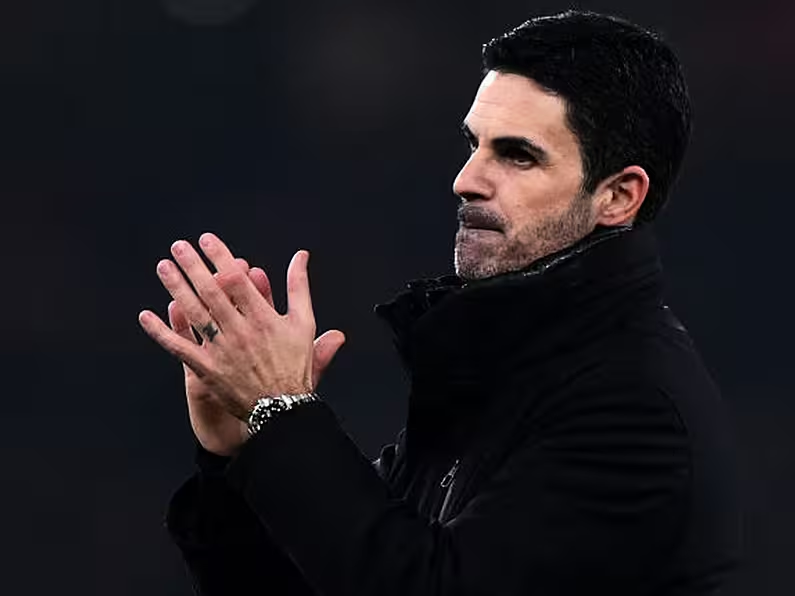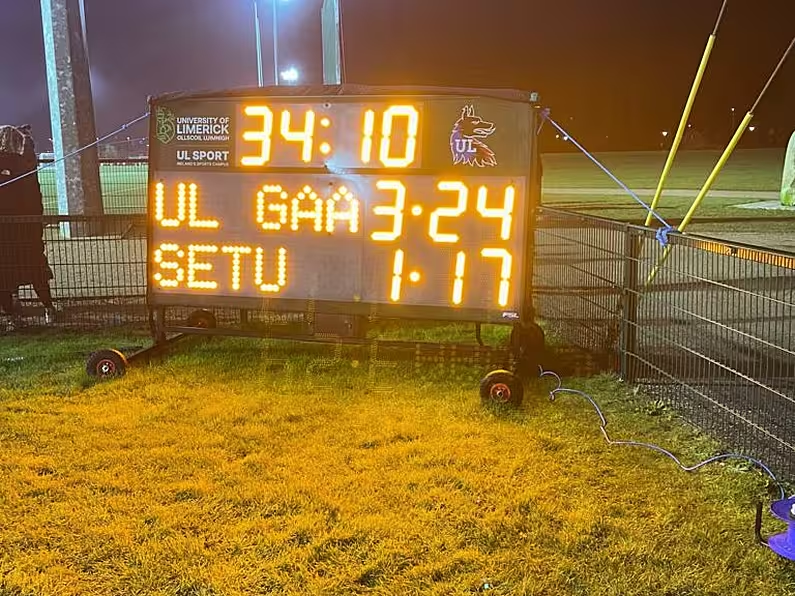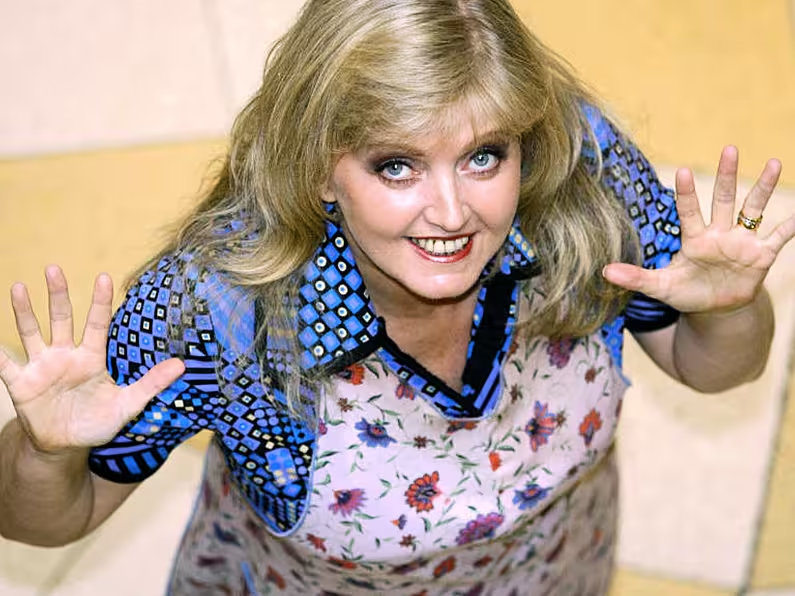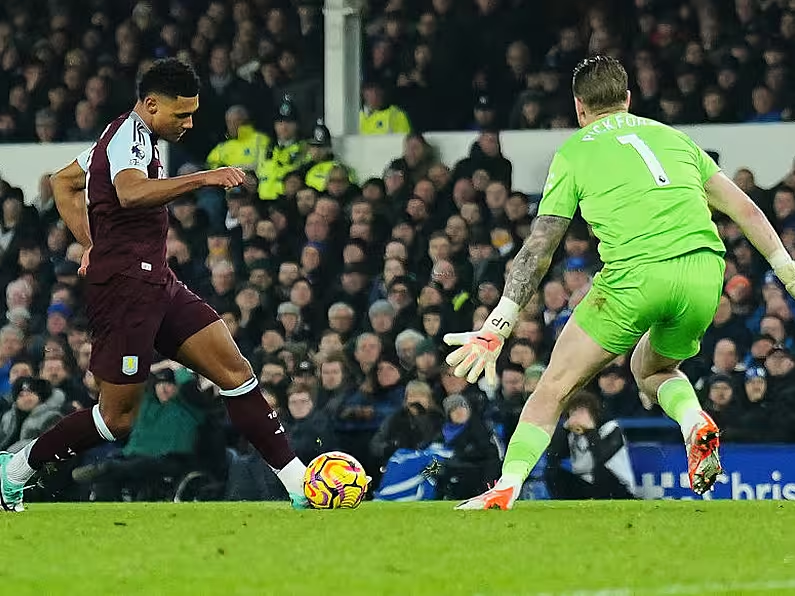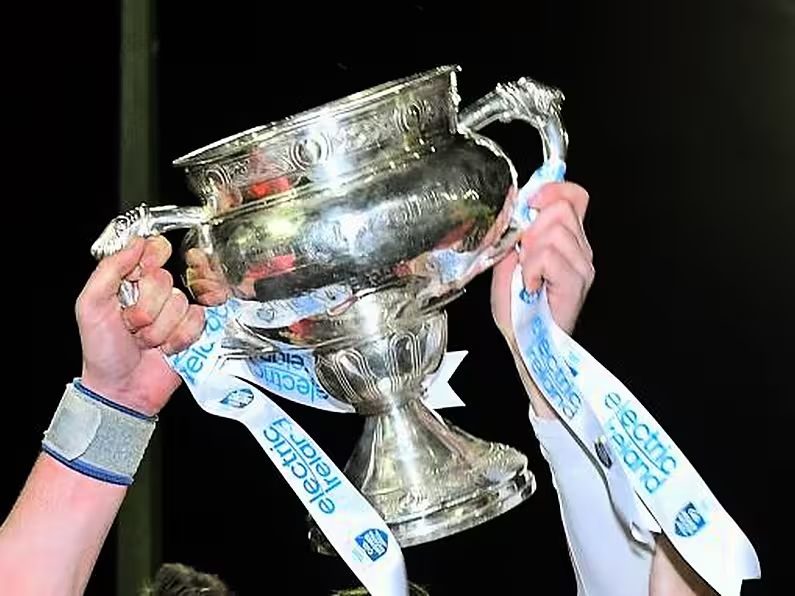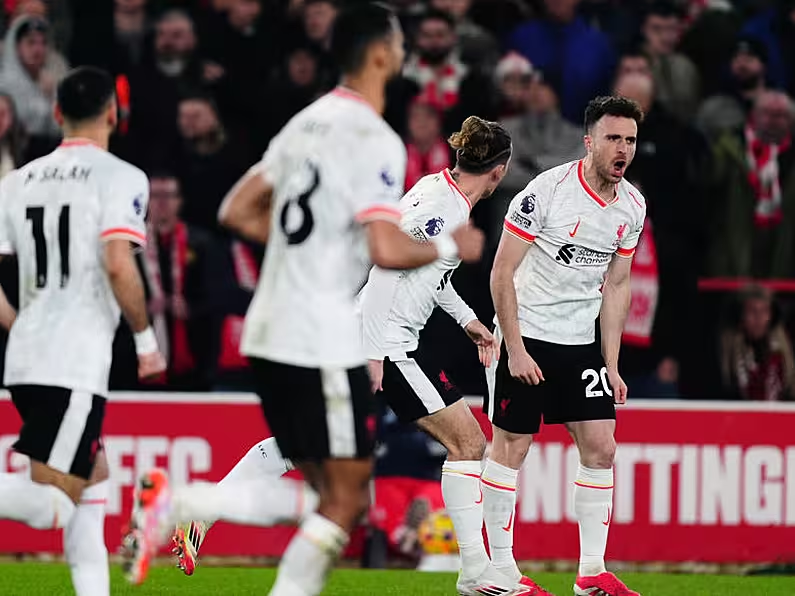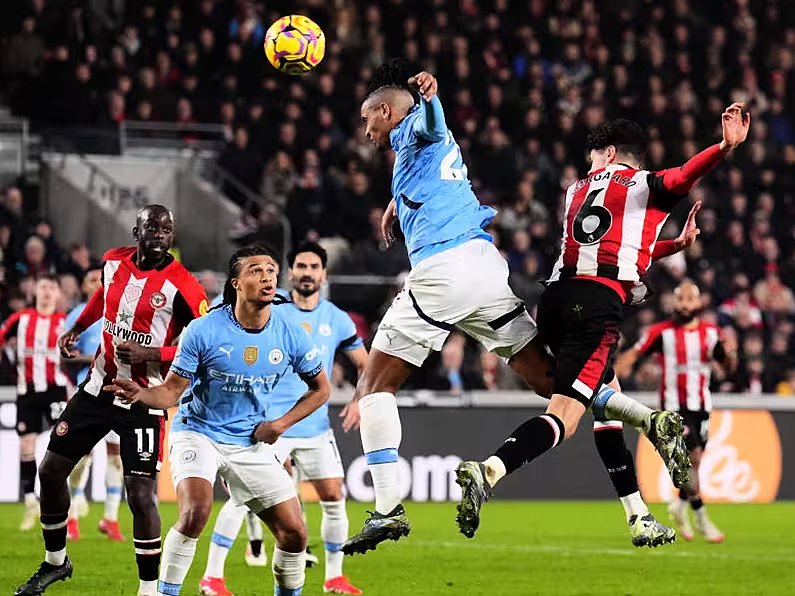As part of the Waterford GAA strategic plan for 2021-2030, the county board consulted with other sporting bodies to build a sense of the cultures that breed success.
The "Waterford Rising" plan was launched this week with several key pillars contributing to the overall approach for the next 10 years. Club Development, Coaching and Games Development, and Adult competition structures are just three of the six key elements that make up the plan.
A major focus of the board in club development relates to the standard of coaching and the drive to increase the quality of coaching available to players young and old.
While the plan was being formed, the committee's spoke to rugby, soccer and other GAA bodies to gain a sense of what is being done on the other side of the wall.
CEO of Waterford County Council Michael Walsh is a member of the strategic review committee, he says that they were able to learn a huge amount from other bodies in how they implement their structures from the ground up.
"We looked at a bit of everything. We certainly had a particular emphasis on looking at some of the rugby. We engaged with Leinster rugby as the best in class in some respects. That was focused primarily on underage development."
"We looked at some soccer, slightly professional but, again, on the academy end of things, and Dublin GAA obviously as well as some of our other peers in the GAA."
"From our point of view, the big learnings were – Number one, there’s probably a strong argument that we're trying to create senior hurlers at too young an age."
"The biggest shift we're looking to do here is through the schools of excellence, that we actually broaden our pool of talent at a younger age."
"We’re not looking in a sense to be absolutely established at 16 or 17 heading into minor."
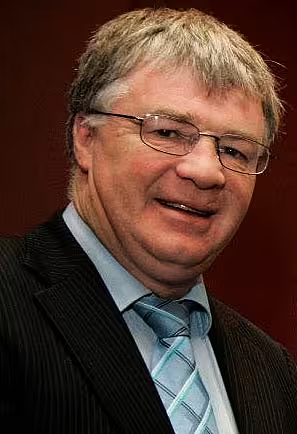
Within the coaching and games development pillar, one aim is to increase the numbers attaining coaching qualifications as well as developing a county coach education
programme.
"The view is that if we can get real excellence in terms of coaching and preparation into maybe 120 or 130 kids per year or something like that – that’s it's not just the 30 or 40 in the academy squad, that you’re allowing for the late developer."
"You’re creating a scenario that especially children who may be coming from non-established A-Grade hurling and football clubs, that they get the opportunity to maybe develop at a slower pace but equally come forward stronger – just to get that greater depth."
"The evidence in our own case instance would indicate to us, if you only looking at this year for example in terms of minor and U21, you’ll probably find we desperately competitive where for the last number of years we were tending to lose out towards the end of games."
"It's that bit of depth that’s causing us a problem. We’re not the biggest county in the world and the challenge is actually to broaden the depth of excellent talent we have."
"Equally, it’s the culture of the thing. It’s about winning – ok - and its not unimportant particularly when you come from a base like Waterford, but at the same time it's about this development of the individual and the player and trying to focus it and make it player-centric, but not at the be-all and end-all of focussing on the best twenty."
https://open.spotify.com/episode/5wTq8t1pRSo20v8fRymSro?si=z2lauZ9YSgGJllV8p876Hg





